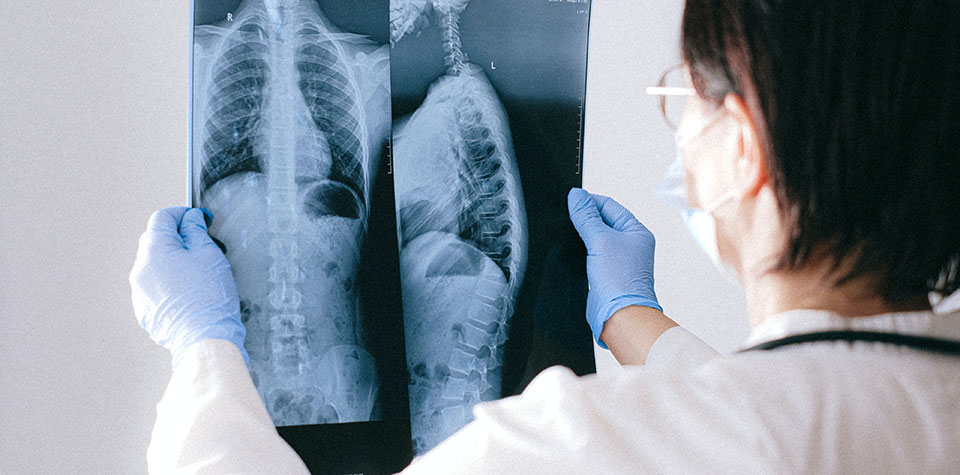Radiographers, also known as Radiologic Technologists, are medical professionals that are trained in the art of performing radiographic studies that provide images of internal body structures. Typically, most radiography programs offering an associate degree are at least 2-years in length. Certificate or diploma programs are usually around 12-months.
Most employers seek to hire graduates that are certified in Radiography. To become certified one must sit for the certification exam in Radiography offered by the American Registry of Radiologic Technologists (ARRT). To become eligible for certification testing with the ARRT candidates must:
- Complete an accredited program in Radiology Technology that is recognized by the ARRT
- Satisfy all didactic and clinical competency requirements by the ARRT
- Meet the ethical requirements for application to the ARRT
- Must have earned the minimum of an associate’s degree in any discipline
The ARRT requires a score of 75% or higher on an examination to earn certification. Although not required, it is highly recommended that all graduates of x-ray programs sit for the ARRT certification examination. Increasingly, most employers seeking to hire imaging professionals require candidates to be certified.
Licensure as a radiographer is a requirement of the state in which one wishes to work. Since radiation is classified as a hazardous material, some states require that individuals performing radiographic procedures prove competency before being allowed to do so. Not all states require licensure. Candidate should check with their states Department of Health to determine if licensure is required. Each state will have their own eligibility requirements. Some states require candidates to take a test administered by the state. Some states will accept ARRT certification as proof of competency and provide licensure by endorsement so candidate will not have to take the examination provided by the state.
Ultimately, it should be the goal of every graduate to become certified. Depending on where you will practice determines if a license will be required. Do your research prior to enrolling and committing to a program of study so you are aware of what steps to take after graduation.
To learn more about our programs, call us at 877-206-4279 or send us a message.
More on radiologic technologists


